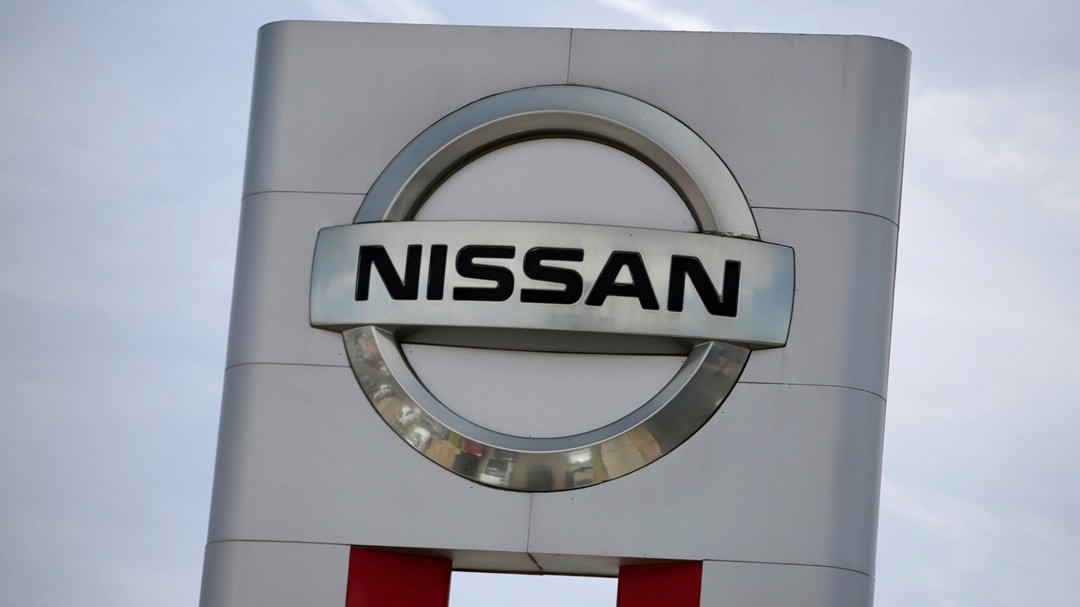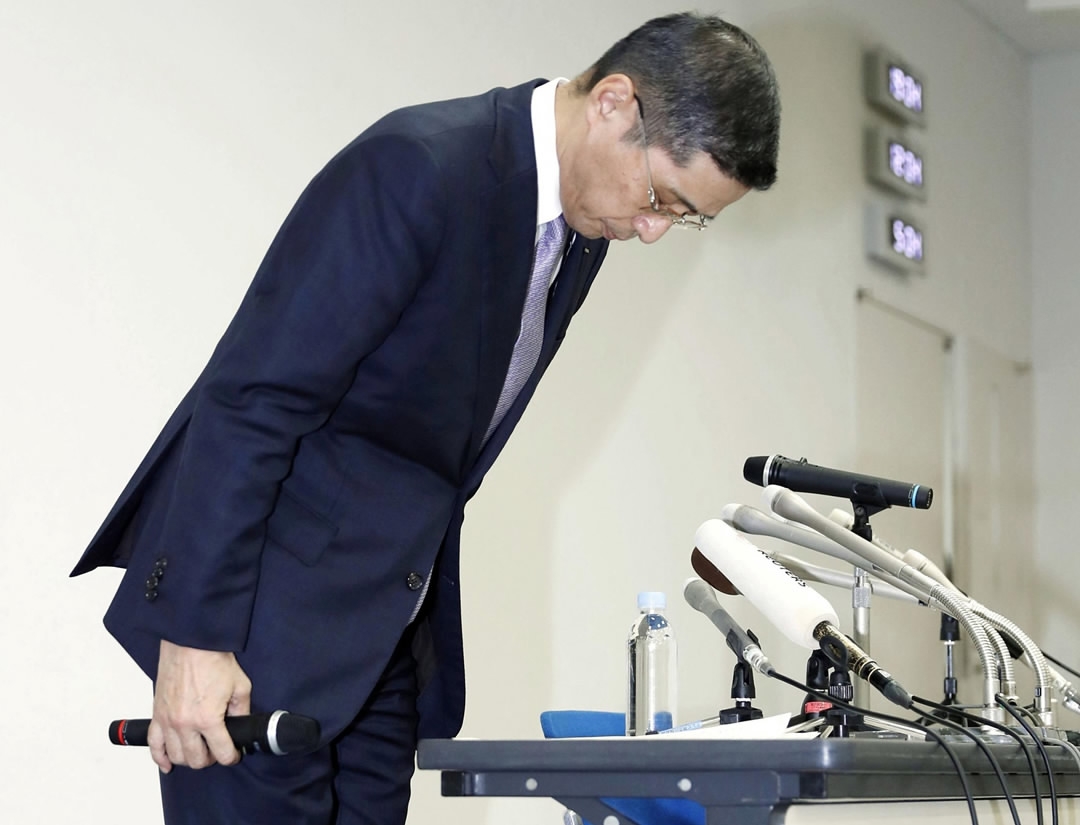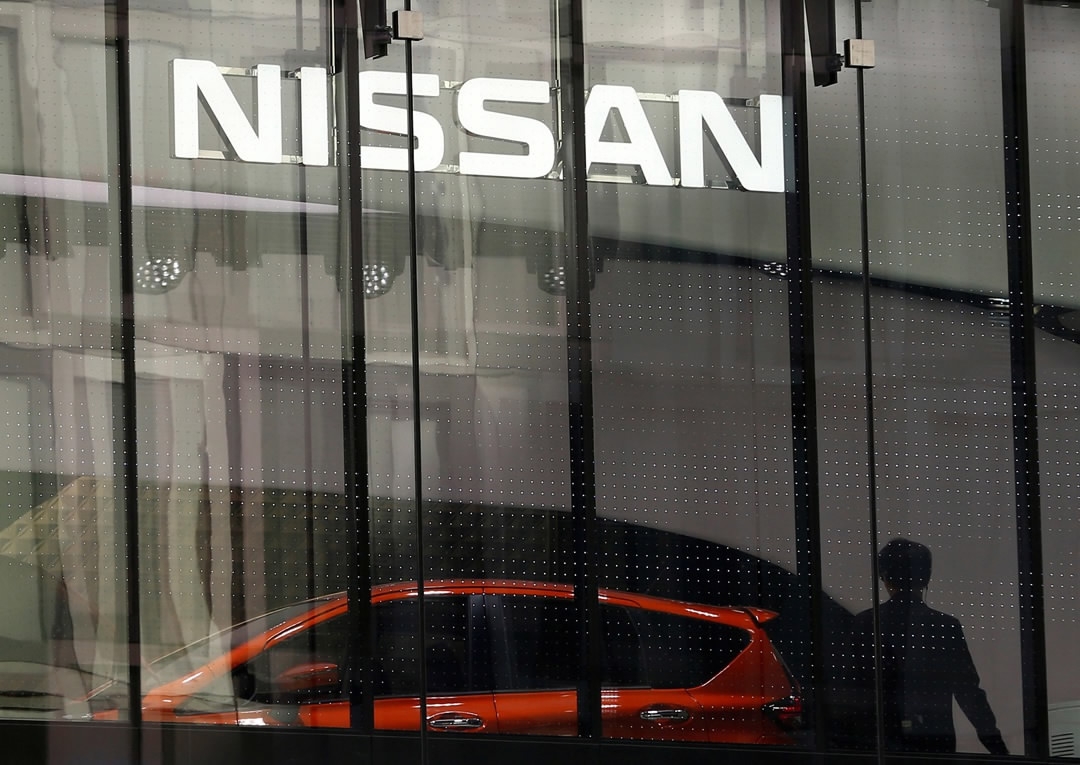
Business
13:22, 20-Oct-2017
Nissan's irregular inspections 'two decades old'
CGTN

Nissan has suspended domestic production amid revelations that the Japanese automaker had carried out improper inspections of new vehicles for 20 years.
The company said late on Thursday that the suspension would last for at least two weeks to address misconduct in its final inspection procedures, which it first revealed last month.
The scandal has led to a recall of all 1.2 million cars it sold in Japan over the past three years.
National broadcaster NHK reported on Friday, without citing any sources, that an internal investigation had shown that the country’s second-biggest automaker had, for at least 20 years, not been following proper procedures for final inspections required by the transport ministry of all vehicles sold domestically.
Transport Minister Keiichi Ishii said on Friday that Nissan’s inspection of its assembly plants was ongoing, adding that it remained unclear how long the final inspections had been conducted by uncertified technicians, a violation of ministry requirements.

Nissan Motor Co. chief executive Hiroto Saikawa bows at a news conference at company headquarters in Yokohama, Japan on Thursday. /VCG Photo
Nissan Motor Co. chief executive Hiroto Saikawa bows at a news conference at company headquarters in Yokohama, Japan on Thursday. /VCG Photo
A Nissan spokesman declined to directly confirm or deny the NHK report, and referred Reuters news service to CEO Hiroto Saikawa’s comments on Thursday, when he said Nissan’s training system for certifying vehicle inspection staff had not changed for 20 years.
Saikawa had added that was a separate issue from how long the misconduct had been going on.
He said that it appeared that a focus on increasing the efficiency of the inspection process and poor communication at assembly plants appeared to have contributed to the issue.
Nissan will continue to produce vehicles in Japan for export, including its popular Rogue SUV crossover model and the battery-electric Leaf, as the certification process for final inspections does not apply to vehicles shipped overseas.

Nissan's showroom in Tokyo. /VCG Photo
Nissan's showroom in Tokyo. /VCG Photo
The automaker produced roughly 79,300 passenger and commercial vehicles in Japan in August. Around 27,600 of these were made for the domestic market, representing around 6 percent of its global production.
While Nissan has said the misconduct has no impact on the quality of its vehicles, it has raised questions about how closely rules are followed at its production plants, while also highlighting compliance issues at Japanese manufacturers.
Kobe Steel Ltd, Japan’s third-biggest steelmaker, admitted this month it had falsified specifications on the strength and durability of aluminum, copper and steel products, misconduct that may have stretched back more than 10 years.
2104km
Source(s): Reuters

SITEMAP
Copyright © 2018 CGTN. Beijing ICP prepared NO.16065310-3
Copyright © 2018 CGTN. Beijing ICP prepared NO.16065310-3